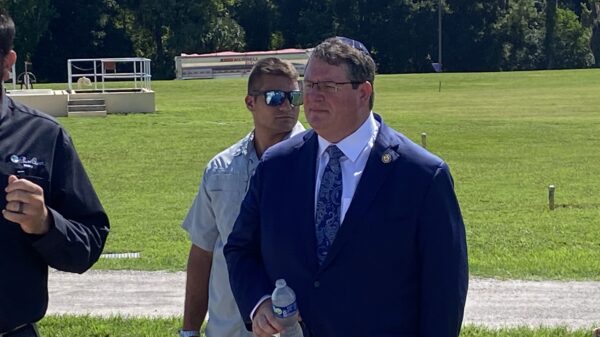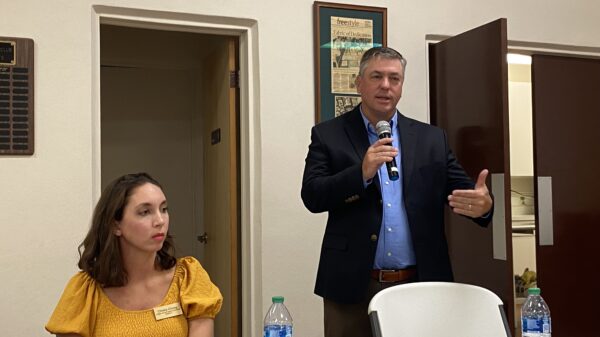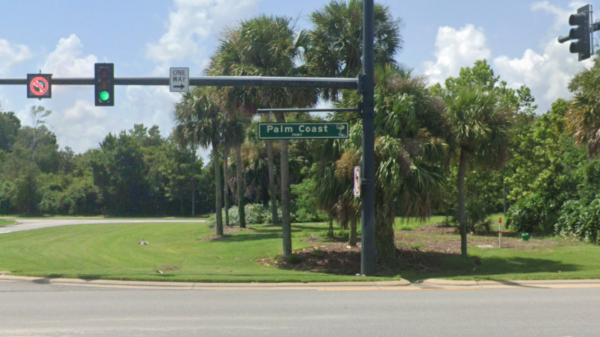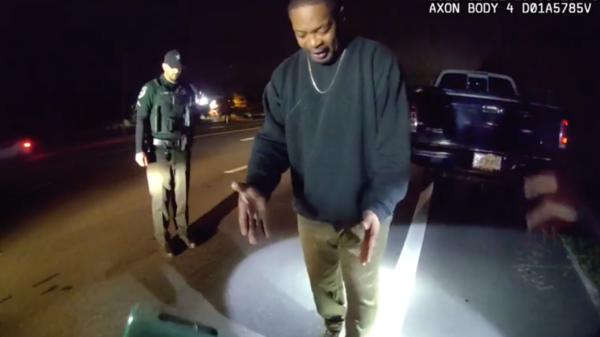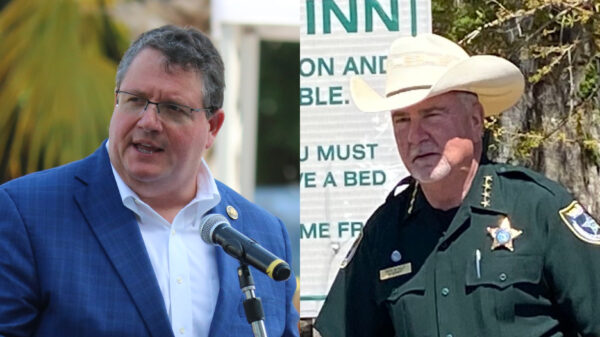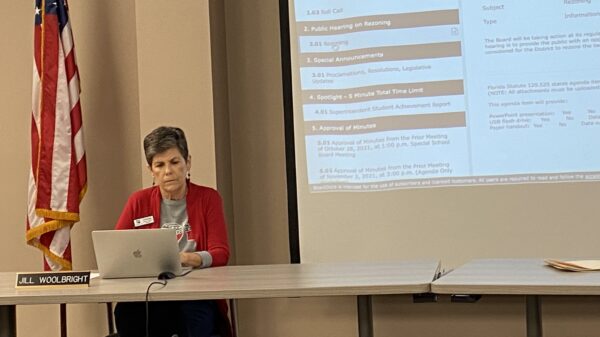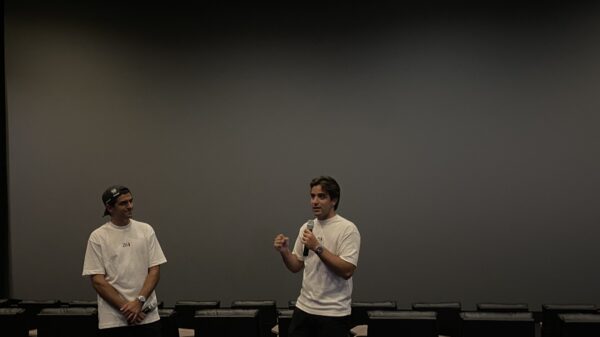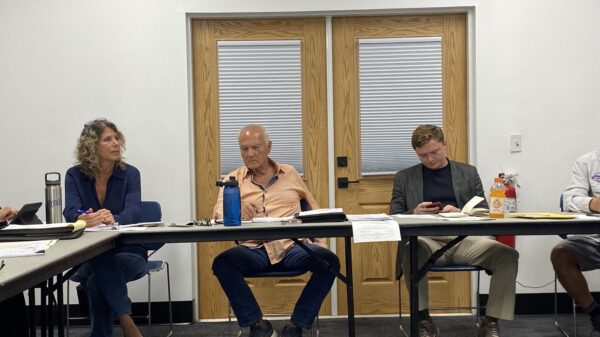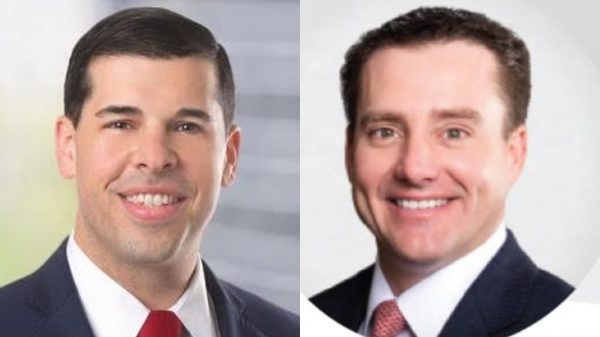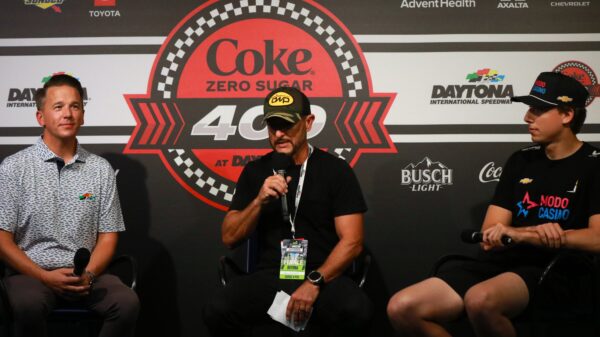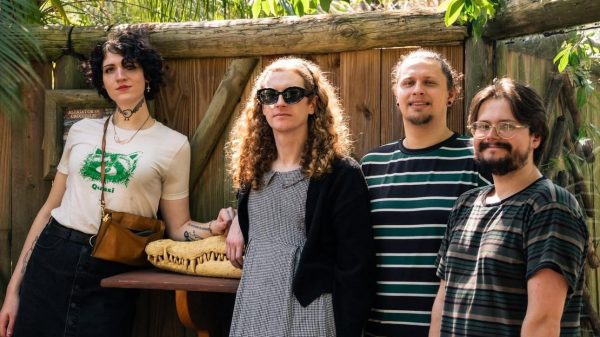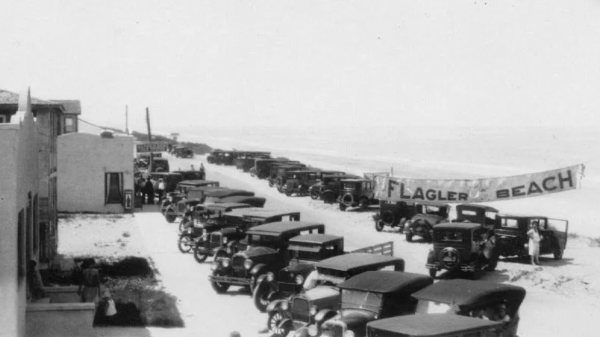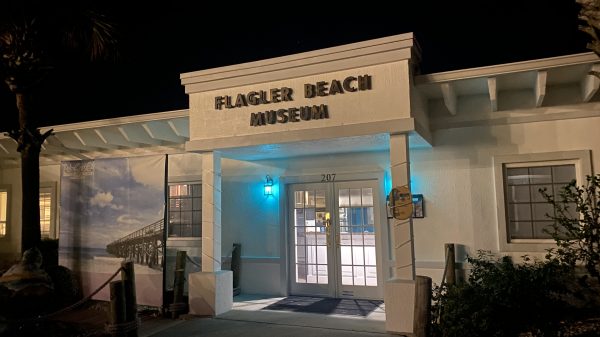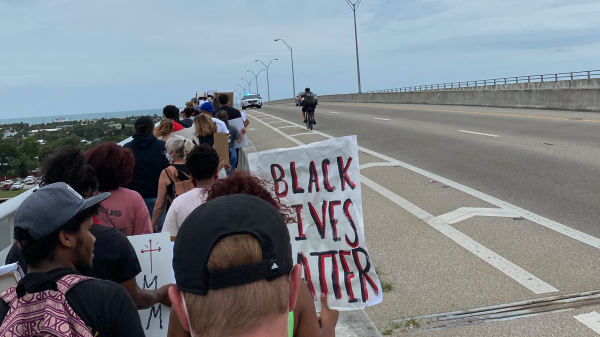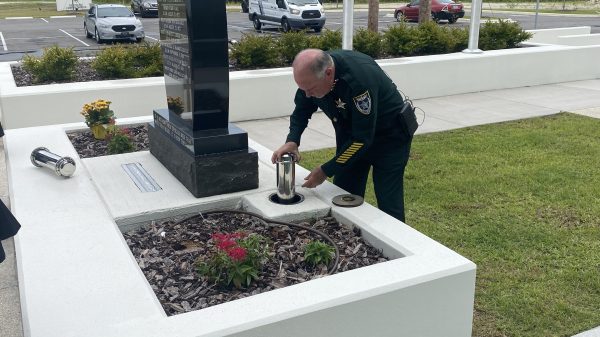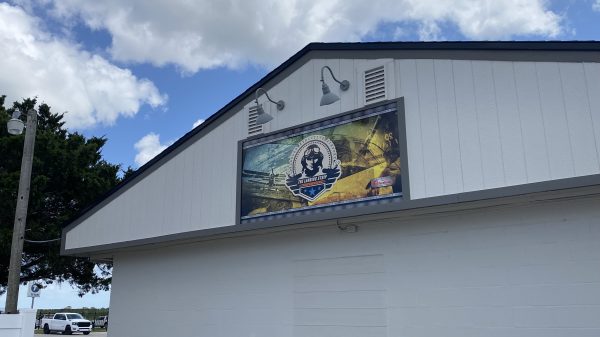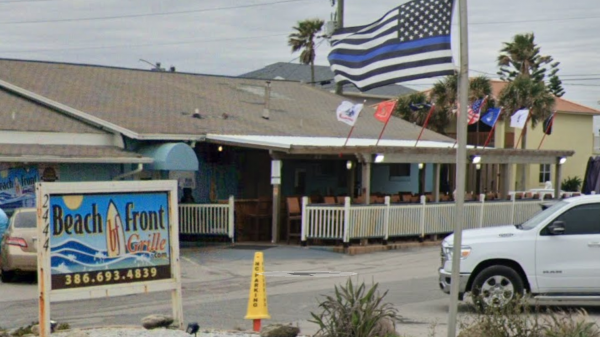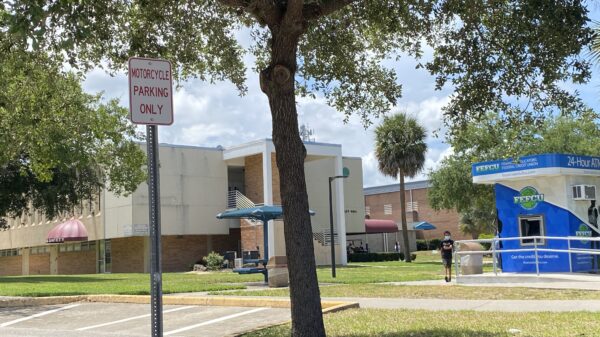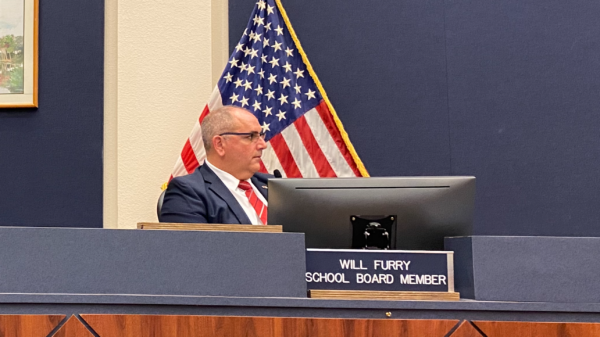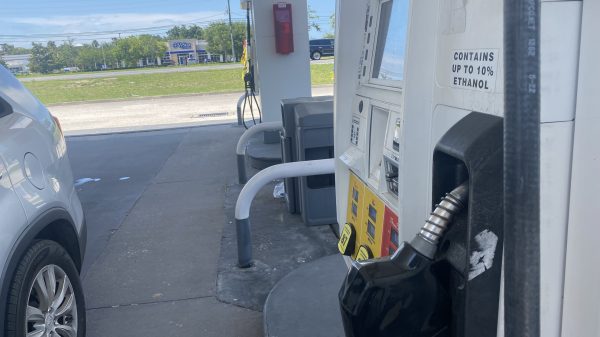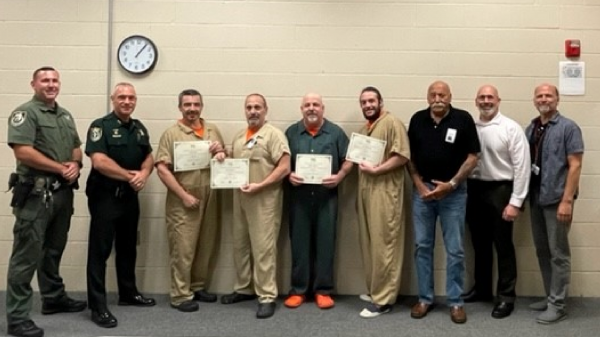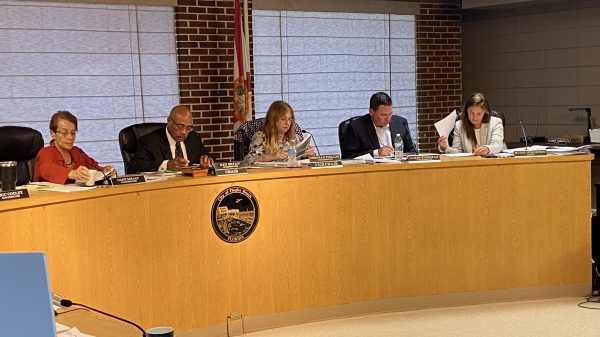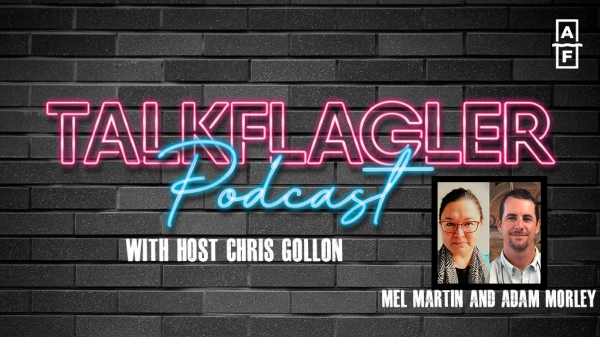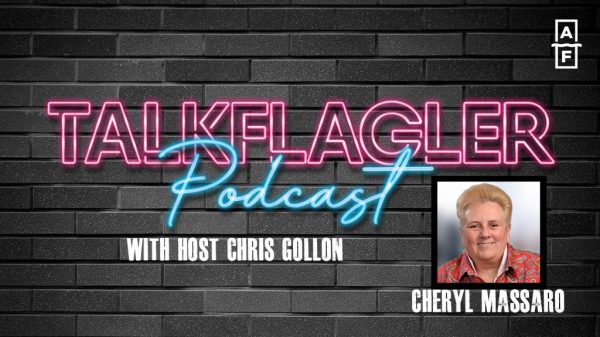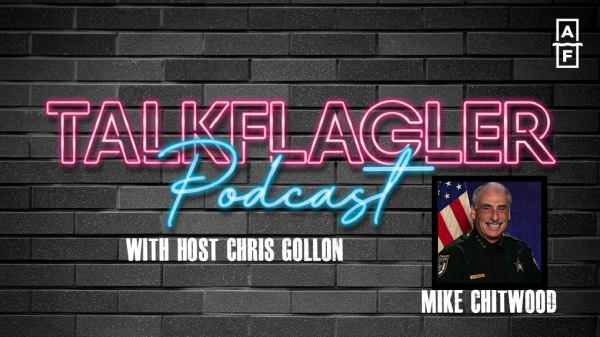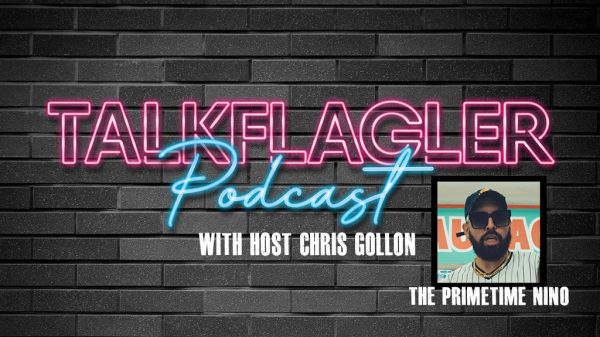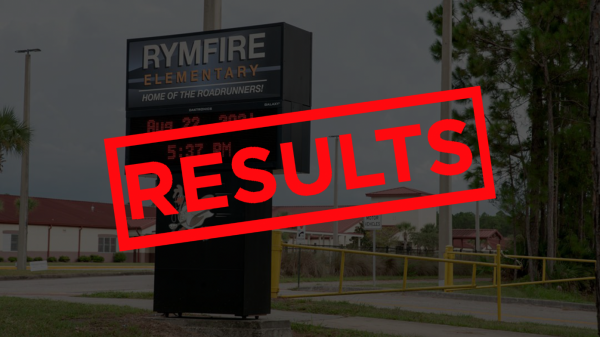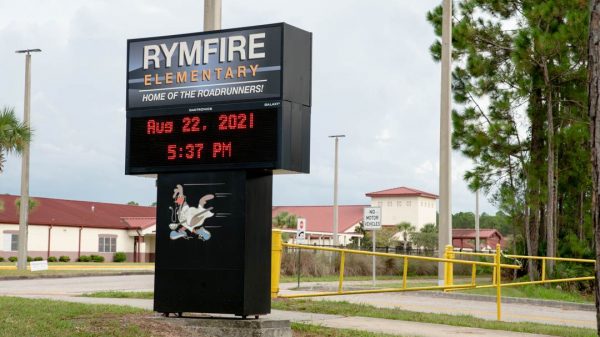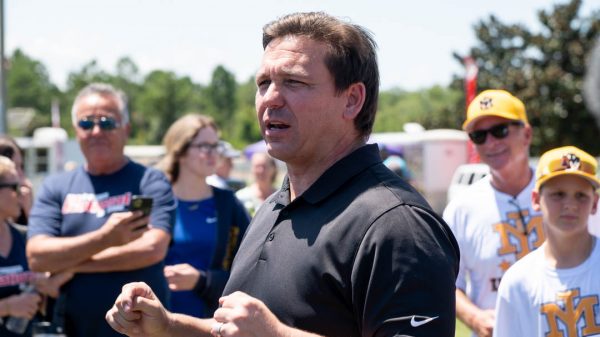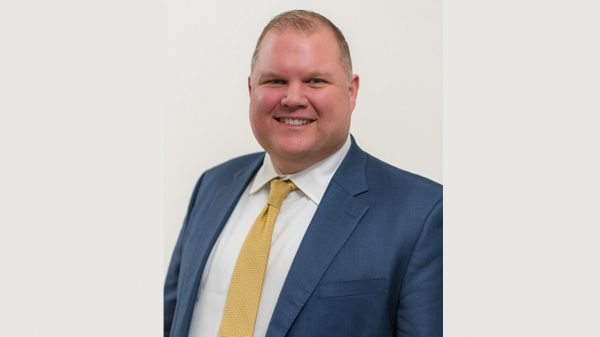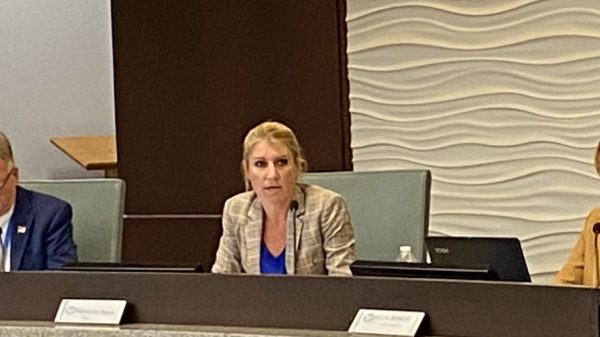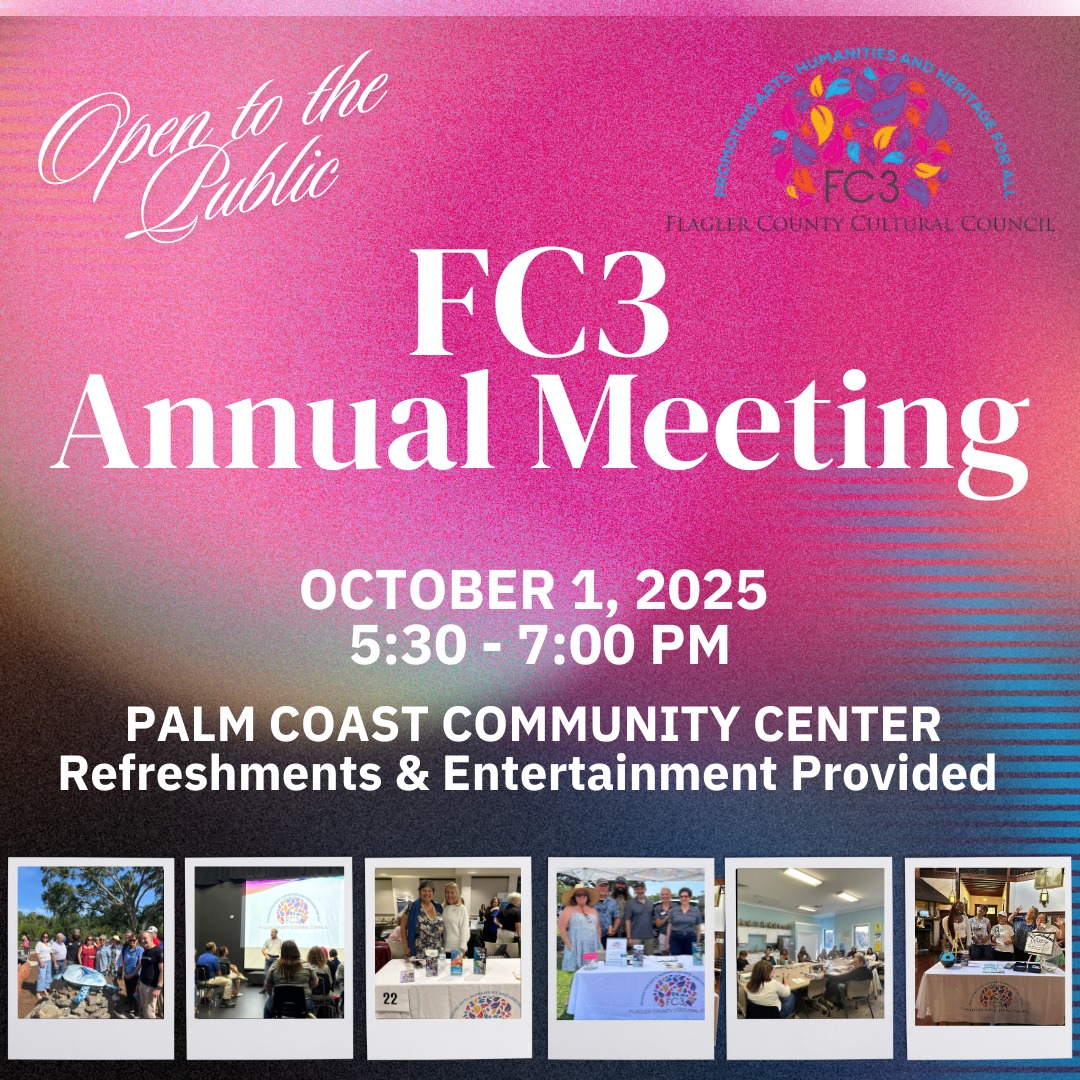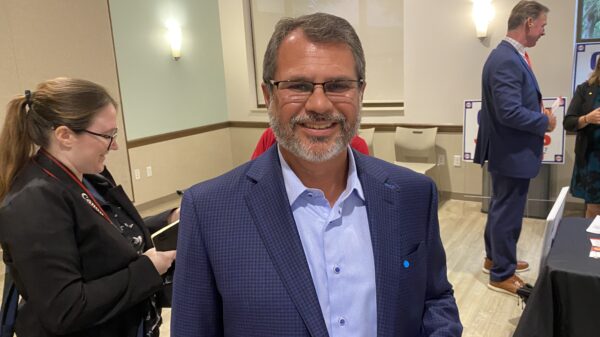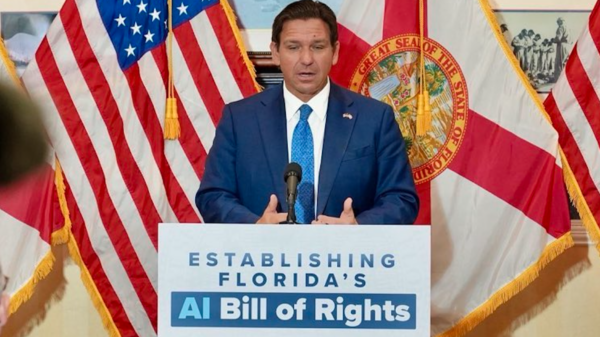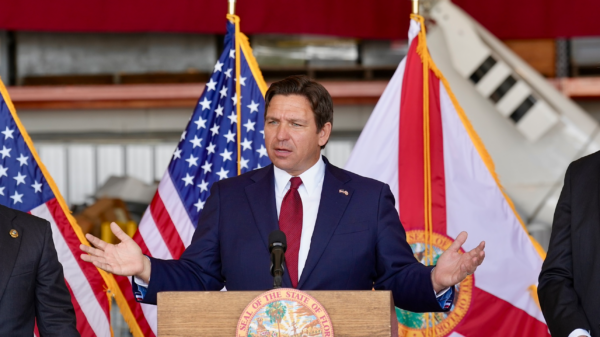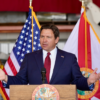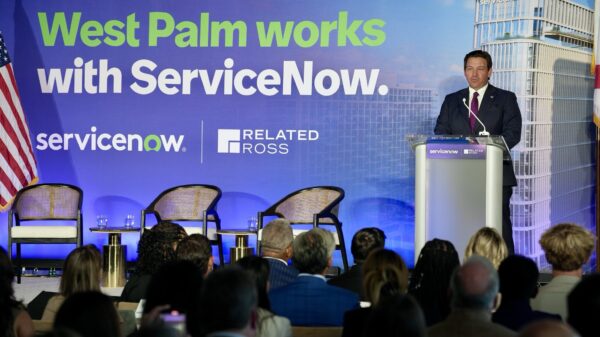Back in August, Governor Ron DeSantis was celebrating the approval of a massive gaming compact with the Seminole Tribe, which stood to inject billions into the state economy over the coming years. Today, the Governor is dealt a major blow as that very compact is struck down by a federal judge.
Had it moved forward, the compact would’ve expanded gambling opportunities for more than just those physically on tribal land. The basis of U.S. District Judge Dabney Friedrich’s decision to kill the compact was that in only working with the Seminole Tribe, the state government was giving them a monopoly over legal gambling. “Because the State has not entered a similar agreement with any other entity, the Compact grants the Tribe a monopoly over both all online betting and all wagers on major sporting events,” he said.
Read More: Gov. DeSantis To Sign Bills Limiting Vaccine Mandates In Brandon, FL
Furthermore, Judge Friedrich criticized the compact’s characterization that all betting would be occurring on Seminole lands, stating, “Although the compact deems all sports betting to occur at the location of the tribe’s sports book and supporting servers … this court cannot accept that fiction. When a federal statute authorizes an activity only at specific locations, parties may not evade that limitation by deeming their activity to occur where it, as a factual matter, does not.”
What violated the law in Judge Friedrich’s decision was the ability of gamblers statewide to partake online and through mobile apps hosted by the Seminole tribe. The state and tribe had hoped this would not be regarded by the courts as an off-reservation activity.
An appeal was filed by the Seminole Tribe with the U.S. Court of Appeals on Tuesday, one day after Judge Friedrich released his opinion. After the decision came out Monday, Governor DeSantis commented that he knew the compact would be established on less-than-certain legal basis, but that without it he feared the state would receive no revenue or economic stimulation from tribal gambling whatsoever. The Seminoles would’ve paid the state $500 million a year for the first five years of the compact, and 10-year estimates forecasted a possible $6 billion economic stimulus between now and 2030.
In 2018, Florida voters passed Amendment 3, a measure on the ballot which established all new casino gambling in Florida must first be approved by a referendum presented to voters. It was a lobbying firm called No Casinos which brought DeSantis and the Seminole Tribe to court, alleging that the compact violated this statute and ignored the will of the voters.
Read More: Mayor David Alfin On Palm Coast’s City Manager Search
“So we got a deal that is going to be very good for the state,” said Governor DeSantis. “They wanted to do the sports and so we said fine. And the reason why I said that is because it would probably pass on a referendum anyways.” Now, if the compact is to take effect in Florida, it will likely have to go to the referendum.
“Alternatively, Florida citizens may authorize such betting across their state through a citizens’ initiative,” said Friedrich. “What the secretary may not do, however, is approve future compacts that authorize conduct outside IGRA’s scope. And IGRA, as the Supreme Court explained [in an earlier case], authorizes gaming ‘on Indian lands, and nowhere else.'”
Chris Gollon is a Flagler County resident since 2004, as well as a staple of the local independent music scene and avid observer of Central Florida politics, arts, and recreation.



